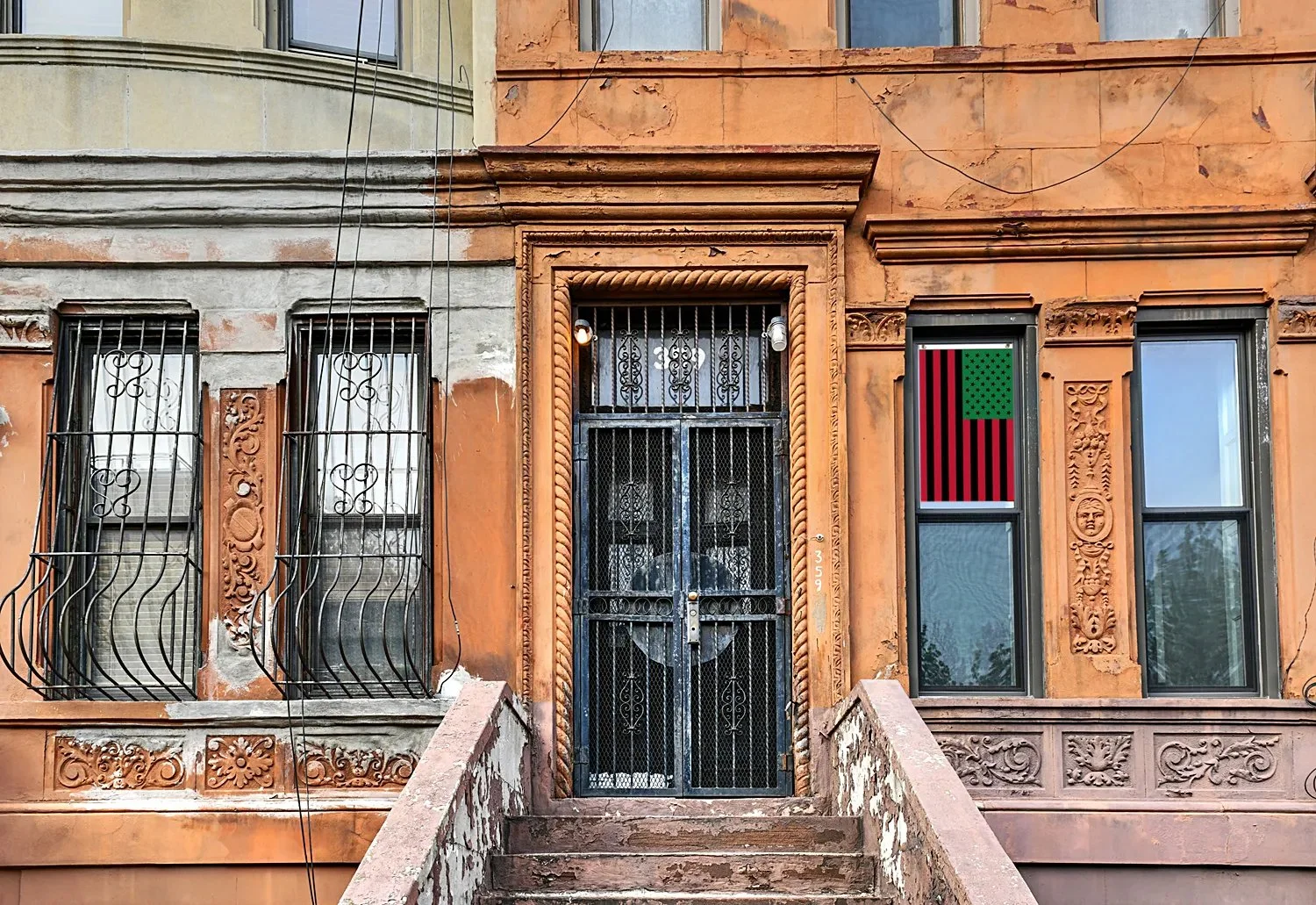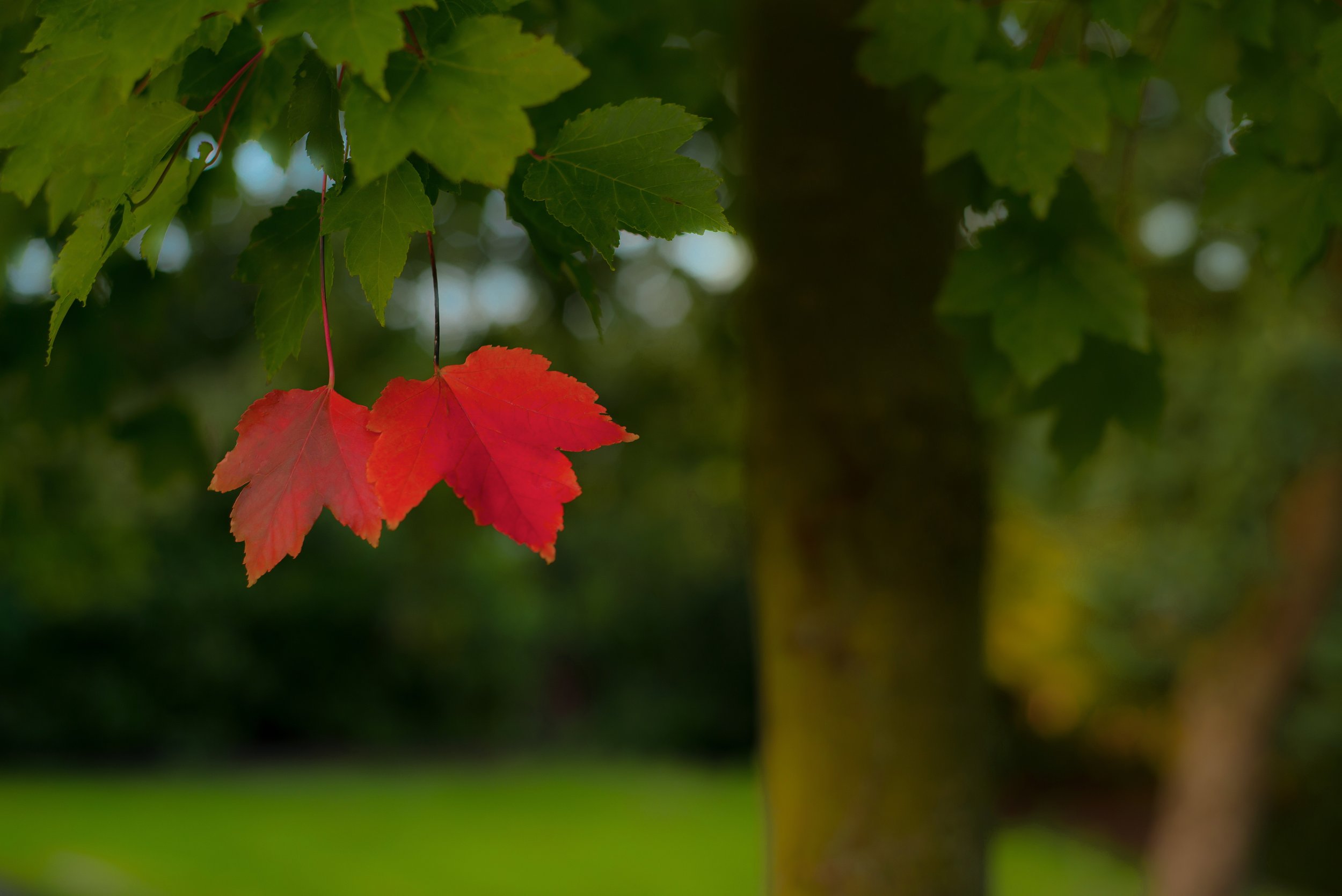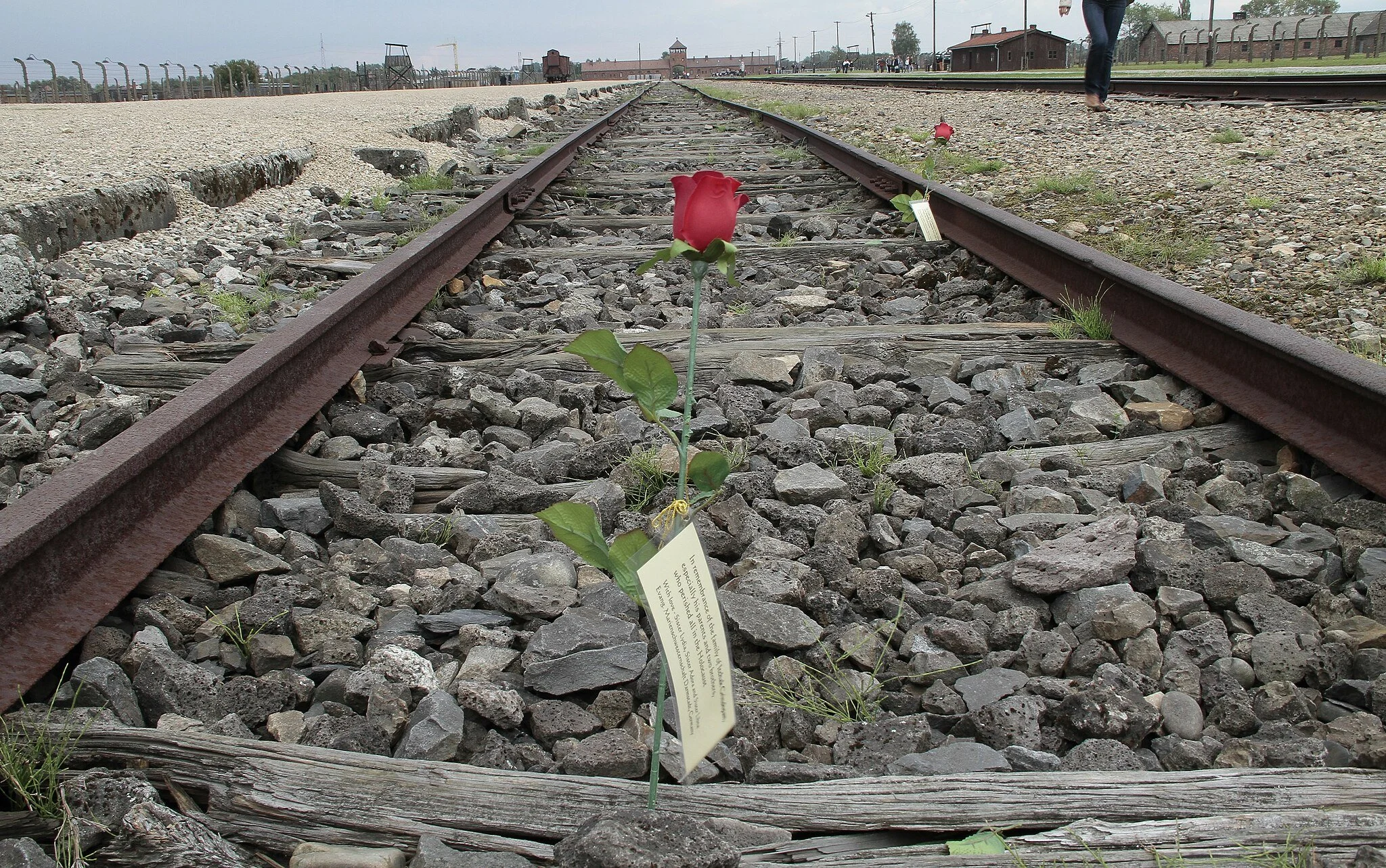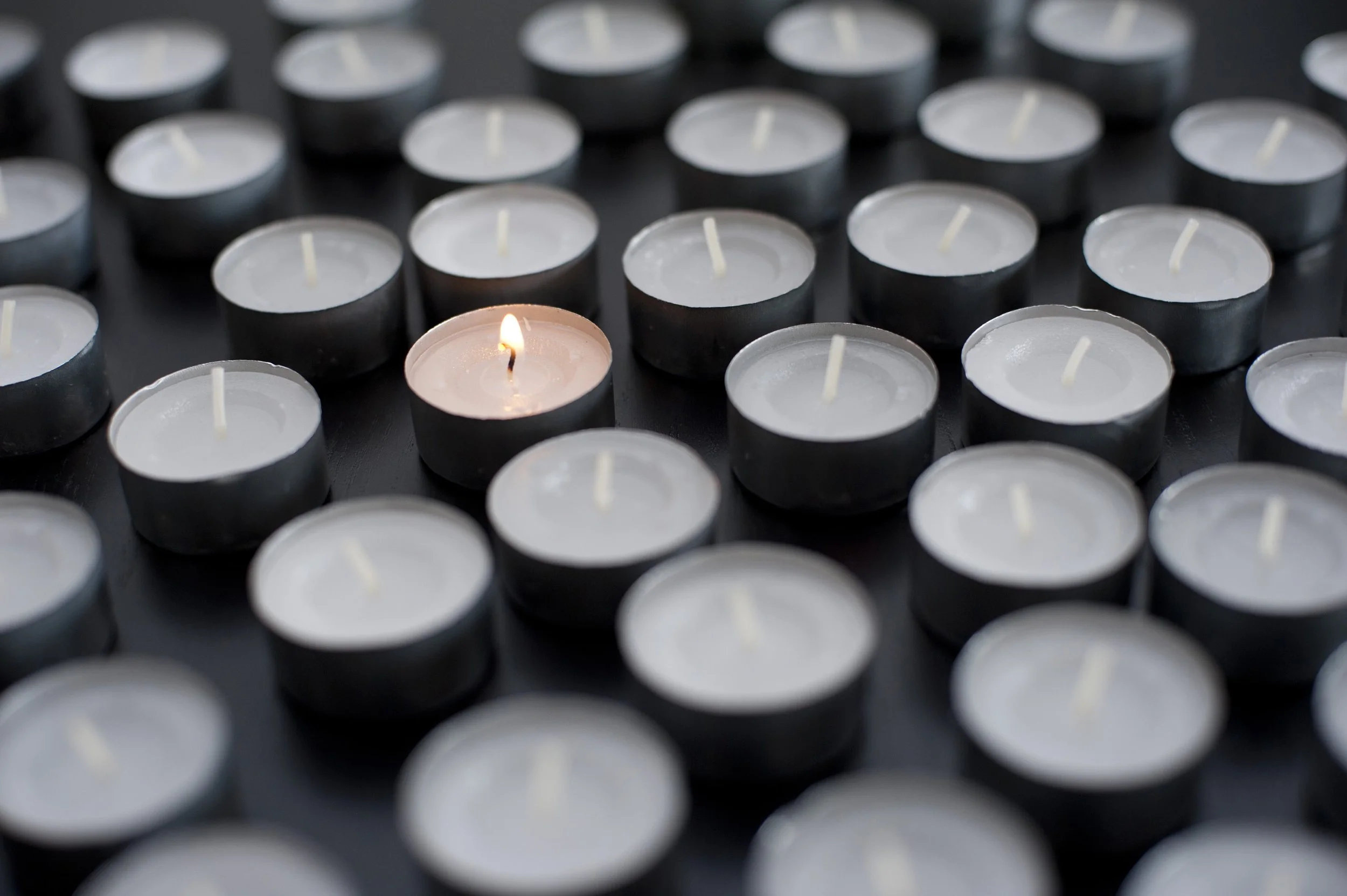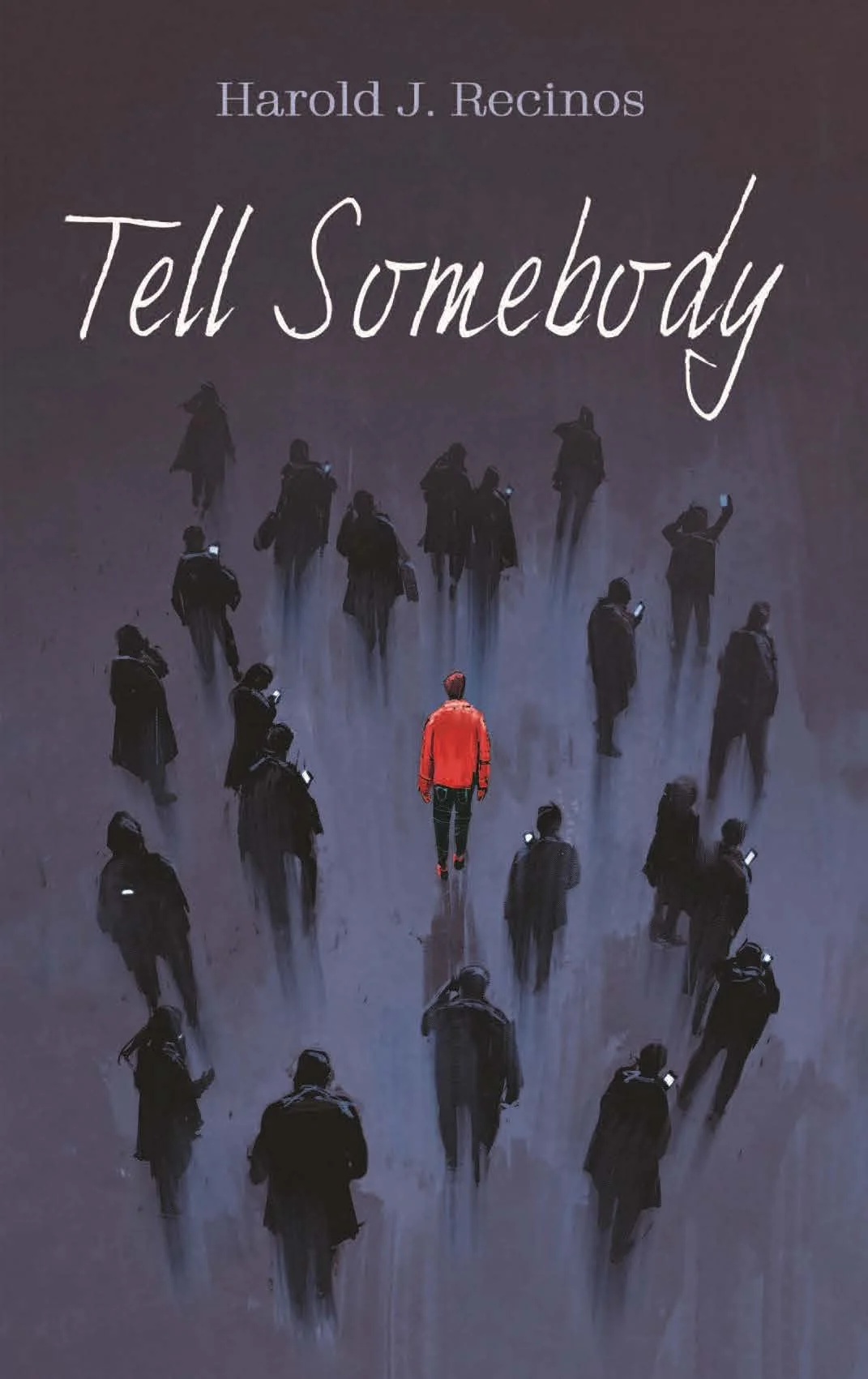Tell Somebody
Rev. Dr. Harold J. Recinos presents excerpts from his latest collection of poetry
Image: Freepik
HTI Open Plaza presents ten poems by Rev. Dr. Harold J. Recinos from his latest collection Tell Somebody (2023), excerpted here by permission of Wipf and Stock Publishers.
POET’S NOTE
I have spent my life lingering on the margins of society, inviting others to discover with me what they are missing. Recently, this led to my writing Tell Somebody in order to say something about the exclusion that is familiar to people who have their backs pressed against the wall by cultures of cruelty and by maddening politics. Poetry has been with me longer than I can remember, and it has been a companion to talk about love, life, and struggle in plain language. I welcome readers to live into the preferential option for the poor by reading these poems and finding in them signs of the natural piety of those who are at the edges of society.
—Rev. Dr. Harold Recinos
July 2023
The Rain
when it rains, I sit alone to
listen and watch birds whirl
above the streets in search
of shelter. when clouds weep,
I think of a story passed around
about the beginning of things and
imagine the sound of footsteps in
paradise. I see grains of sand in an
hour glass keeping time for each of
us, the way it slides to the jar bottom,
and the short distance it travels to a
last measure. I hear in the spaces between
raindrops gossip about love that speak
of the places that will always remember
us.
Dear Langston
the city is the East River
where the poor speak at all
hours of hot summer days.
the city is old tenements
where grandmothers scribble
letters for mixed family that
are never sent. the city is the
street mouthing in Spanglish
wounds in prayer and probing
faces. the city is a short walk past
your old row house apartment in
Harlem, the Puerto Rican flags on
fire escapes a couple of blocks over
and exiled Cubans and Salvadorans
in your Harlem Renaissance. the city
is the supreme place on aging earth
where the poor bend, passing hours
held closely in gossiped dreams.
Harlem brownstone window David Hammons’ 1990 “African American Flag,” New York City. Image source: PRINT
Wrinkles
I saw time stretched out
on the newest wrinkles on
your grandmother’s face
asking everyone to guess
what they mean. each line
was a story about years that
eagerly leaned forward with
words, holding Sunday tightly.
the wind blew her long graying
hair, covered by a black scarf, and
the moment she smiled, I looked
up in the direction of heaven to
pray about how dear to me was her
crinkled face. I knew by the way
she sat on the stoop that, unlike Yeats
predicted of old age, she was not full
of sleep.
“The Red Winter,” Central Park, New York, 2017.
Photo: Andre Benz
Sit
come sit with me by
the fire lighting the
dark night, talk with me
about the things you
care about, hear the crickets
singing to each other,
and gaze at nothing in
particular with frantic
love. come, let me hear
your voice deafening
the unwelcome, recalling
each memory held with
elation, offering tender words
like bread for life and bewildering
crooked streets. come sit here
until we hear children in the
summer evening laughing on
the sidewalks. come, let us
whisper with hearts swung
open and declared fulfilled.
Darling
pure love is spoken
by roses that slowly
open in your bedroom
disclosing kind mystery
and the scent of heaven.
you are perfume that
drifts across borders, light
that grandmothers hold in
la placita, the church bells
loudly ringing, the children
who laugh, and infinity in
a kiss. day by day, I have
lingered beside you while you
make history with ordinary
words, regard life worthy of
dreams and stored endless
joy inside of me. tonight, it
occurs to me that, one day at
the end of life, time will not
agree it is finished, and we will
find a way at the earth’s last
stop to embrace like innocent
darlings.
The Murder of Caesar (1865) by Karl von Piloty depicts the assassination of Julius Caesar. “The painting positions Caesar seated, crowned, and robed in a scarlet toga, as the centre and focus of composition. Tillius Cimber is depicted pulling on Caesar's toga to both distract and pin him, as Servilius Casca sneaks behind Caesar and attempts to stab Caesar with a dagger” (Wikipedia).
Empire
the empire will disappear, its
wealth carried into timeless
oblivion, its conquests, wars,
greed, stories, legislators, judges,
white-faced politicians, and bloody
monuments will surrender power to
swallowing earth. the boots will be
lifted from every dark neck, chains
will scatter into fragments across the
world, and heavenly grace will appear
on the new day to escort the wretched
to a splendid light. the empire’s impertinent
fathers will not resurrect, the underworld
will keep them trapped, and the meek
will inherit God’s earth. the empire will
perish, its pretentious permanence will
break like doors falling from hinges, and
its victories, one-by-one, will not withstand
final judgment from upstairs. the desperate
repetitions of power will become nothing
more than dust, and those who delighted in
the suffering of the weak will be distinctly
forgotten.
Dream
I imagine the evening
arriving without a word,
unconcerned about the
languages living within
me, ready to take a seat
beside me to greet some
in the coffee shop with the
nervous dreams of faraway
lands. I am waiting for a
fresh night to spread her
wings and declare me a
lover who unravels, thread
by thread, the secrets of our
labored earth. you may even
imagine with me that, tonight,
sadness will clear up like leaves
on autumn trees, and not a soul
will fear strangers in the city or
dare deny the need to rearrange
the American dream.
The Widows
the world is more beautiful
in the morning, when the old
ladies walk grandchildren to
school, laughing like youngsters
with them. no one seeing them
fashions unkind thoughts, and
the world is filled with the light
from the star that guides the poor
and the wealthy all the same. when
I see them on that walk, the day
is roomy, and beneath the black
veils these widows wear, you can
make out graying hair adorned
with beautiful flowers that make
them define everything with the
most treasurable simplicity. they
will spend time imagining partners
returning with a chunk of dragged
heaven to the block to kindly embrace
their imperfect lives and again hold
their wrinkled hands.
Dietrich Bonhoeffer “was a German Lutheran pastor, theologian and anti-Nazi dissident who was a key founding member of the Confessing Church. His writings on Christianity's role in the secular world have become widely influential…He was hanged on 9 April 1945 during the collapse of the Nazi regime” (Wikipedia). Shown are four books from The Dietrich Bonhoeffer Works series (Fortress Press), “the definitive English translation of the German editions of Dietrich Bonhoeffer Werke—a comprehensive and thoroughly annotated sixteen-volume resource for the study of Bonhoeffer in the wider frame of twentieth-century thought and history.”
Life Together
I returned to Bonhoeffer, who told
us how to walk with a vulnerable
God, to learn about what is going on
by finding love in the odd places
where judgment day is talked about
by the people at the edges who say
slavery has not ended. I have searched
for his revolutionary love to subvert the
laws of a butchering world, marched with
him, whispering the gospel to me, held candles
to burn closer to heaven than to read church
creeds, and entertained questions arising
from the experience of America’s gallows,
asking: does every human being truly have
lasting signs of divinity? I have come back
to Bonhoeffer’s thoughts about a God who in
this world suffers, the way he joyfully served
a crucified deity who did not let dread into
him, and the tragic moment when Bonhoeffer
faced the criminals annihilating Jewish humanity
saying, “This is the end–for me, the beginning
of life.” I have reopened Bonhoeffer’s pages to
confess with crucified people that Good Friday does
finally save us.
“Auschwitz II-Birkenau a flower in memory of one of a million,” Memorial and Museum Auschwitz II-Birkenau, Brzezinka, Poland, 2013. Photo: Oleg Yunakov, CC BY-SA 3.0
Mother
I miss the simple things like
the record player that spun
78 vinyl records with Little
Anthony tunes and El Gran
Combo on Saturday morning
with the smell of King Pine in
the living room rising from the
linoleum floor. you, a young
single mother, working magic
for three kids, lost for hours
singing to Saints, African and
Taino Gods that helped clean
away the city dust in our two-
room apartment. I miss those
trousers you got me for school
that I outgrew until they were the
best puddle-jumpers in the Bronx,
the shoes with holes we stuffed
with cardboard that you said never
wear to kneel in church, and the
trips to the wide strip of Orchard
Beach with your girlfriends to dig
in the sand, eat fried chicken, and
spend the day combing the grounds
for deposit bottles to return to 1203
with chump change. I can see you
still smiling in the Bronx, beneath
a palm tree in Puerto Rico, the day
Rudy made his First Communion and
in that place in me that will never let
you go. I have carried you for these
many years after your ashes were
scattered in the wind, dear mother,
and buried with tender Spanish deep
within me.
El Gran Combo de Puerto Rico. La Universidad De La Salsa. Combo Records, 1983.
Quietly
love came one evening
with a gentle rain taking
me into its hand. the radio
played songs of care with
kisses carried by the wind
from the open window in a
corner of the room. it was
the first -time life happened
with approaching light and
songbirds sending delicious
notes. since then, I come to
life every day, asking for a little
bit more to keep my glad heart
pounding. love came to me in
the dark of night, and I shouted:
come close, draw nearer to me
and whisper something sweet
with your everlasting lips.
Mystery
sometimes, looking into your
eyes I see the mountains caught
up in pure truth, and it makes me
feel delirious. sometimes, when
night offers us a sky full of stars,
heaven takes me by your hand and
every outdated idea of the divine
is tossed into the East River and the
magic of love enters the ordinary
world. sometimes, when I caress
your hair the tearful world has a
moment to live happily and paradise
issues forth in history. sometimes,
your lips share the work of justice
in places unknown even to the sacred
scriptures flattered in churches, and I
say then that exile will never be too
sad.
Larry Graham. One In A Million You. Warner Bros. Records, 1980.
Near
brother, you should be here
this week, feeling the Central
American breeze against your
brown skin, quietly desiring a
kiss from God, experiencing
faces smiling after civil war,
Mother Mary in the parks with
hungry street kids, and Jesus
bending over to listen. brother,
you should be here to see night
lights, the sparkling mountain
sides, the elderly widows walking
the streets, dressed with kindness,
the children playing in fields and
teaching us that God is not, after
all, a mute. brother, you should see
the entrance to the Cathedral that
holds Romero in her arms, in the
peace of the sanctuary where I sat
with campesinos who comforted
my weeping, in the candle I lit for
you at the altar, and in the brown
hands of the mothers who worked
all day, making tamales in the name
of the living and the dead. brother,
we talk about your Gethsemane and
feel you with us now, looking into the
eyes of the infant in the nativity
scene made by Indian hands.
Bishop Oscar Romero crosses created on the anniversary of his death by children at St. Peter's Catholic Primary School, United Kingdom, 2017. Assassinated in 1980 while celebrating Mass, Bishop Romero was an outspoken critic of social injustice and violence amid the conflict between the military government and left-wing insurgents that led to the Salvadoran Civil War. Photo: Mrs. L.A. Stokoe, Executive Head Teacher. Source: St. Peter's Catholic Primary School
The Chill
when I dwelled on the streets,
cold nights, the stories of sin
and hell meant nothing to me
in the unkind hours. if you can,
visit me in a nightly dream, see
the doors shut against my face,
feel the cold pavement beneath
your feet and chilling wind on
your face and even hear the demented
voices at prayer in the Hoe Avenue
church, you would know a little bit
of the chill and lonesomeness that
knifed me. I lit candles in the waste
of an abandoned building that sheltered
me just ten blocks from the disorder
of a mother overlooked by a God she
adored. I slept under cardboard boxes
and sheets of newsprint, hearing voices
from the street on occasion, fading into
the room that still had linoleum on the
floor from a previous life. I can tell
you, my heart thickened against God
who said nothing about the Spanglish
ghetto and, though I am a long way from
cold nights, they live in me like Psalms
of lament.
Tell Somebody by Harold Recinos
Wipf and Stock Publishers, 2023
“In Tell Somebody, Harold Recinos takes us on a profound journey through the streets of New York, the beaches of Puerto Rico, and the campos of Central America. He reminds us of beautiful children, failed by adults, schools, and churches; migrants who cross dangerous spaces, only to be rejected because of color and language. Read these deeply thoughtful poems by a passionate advocate and come in touch with authentic humanity so you can indeed Tell Somebody!”
—Efrain Agosto
Distinguished Visiting Professor in Latina/o Studies, Williams College



